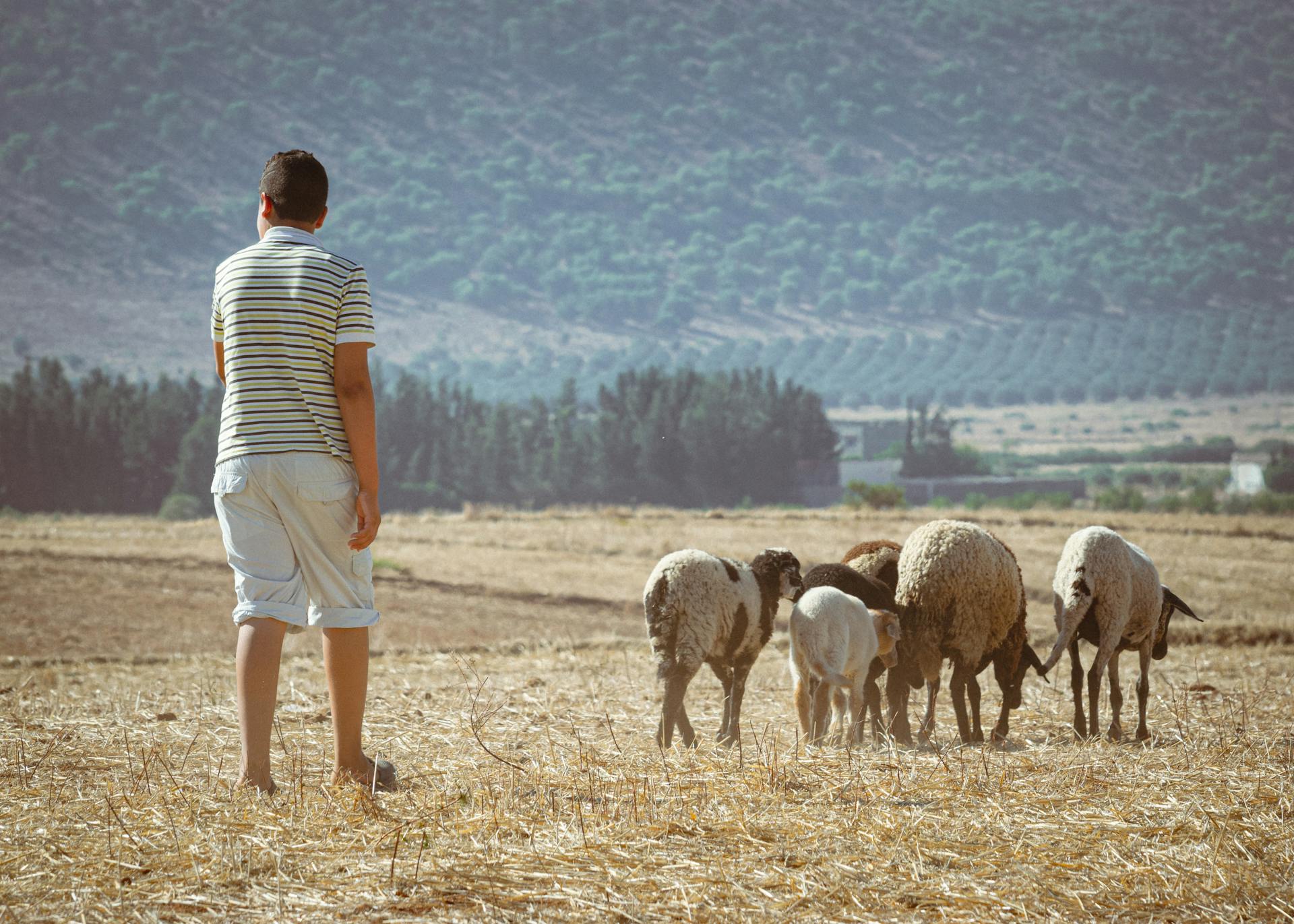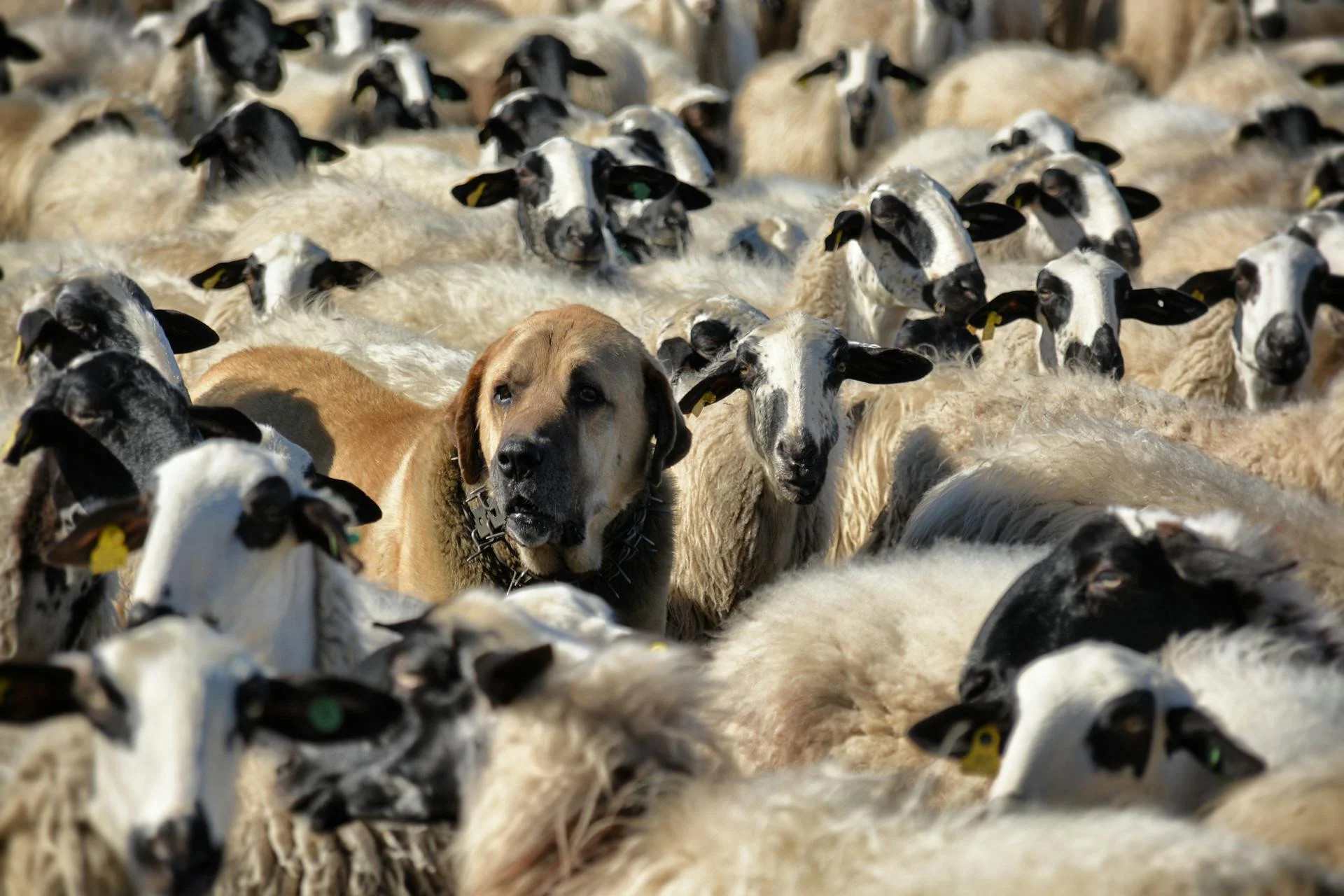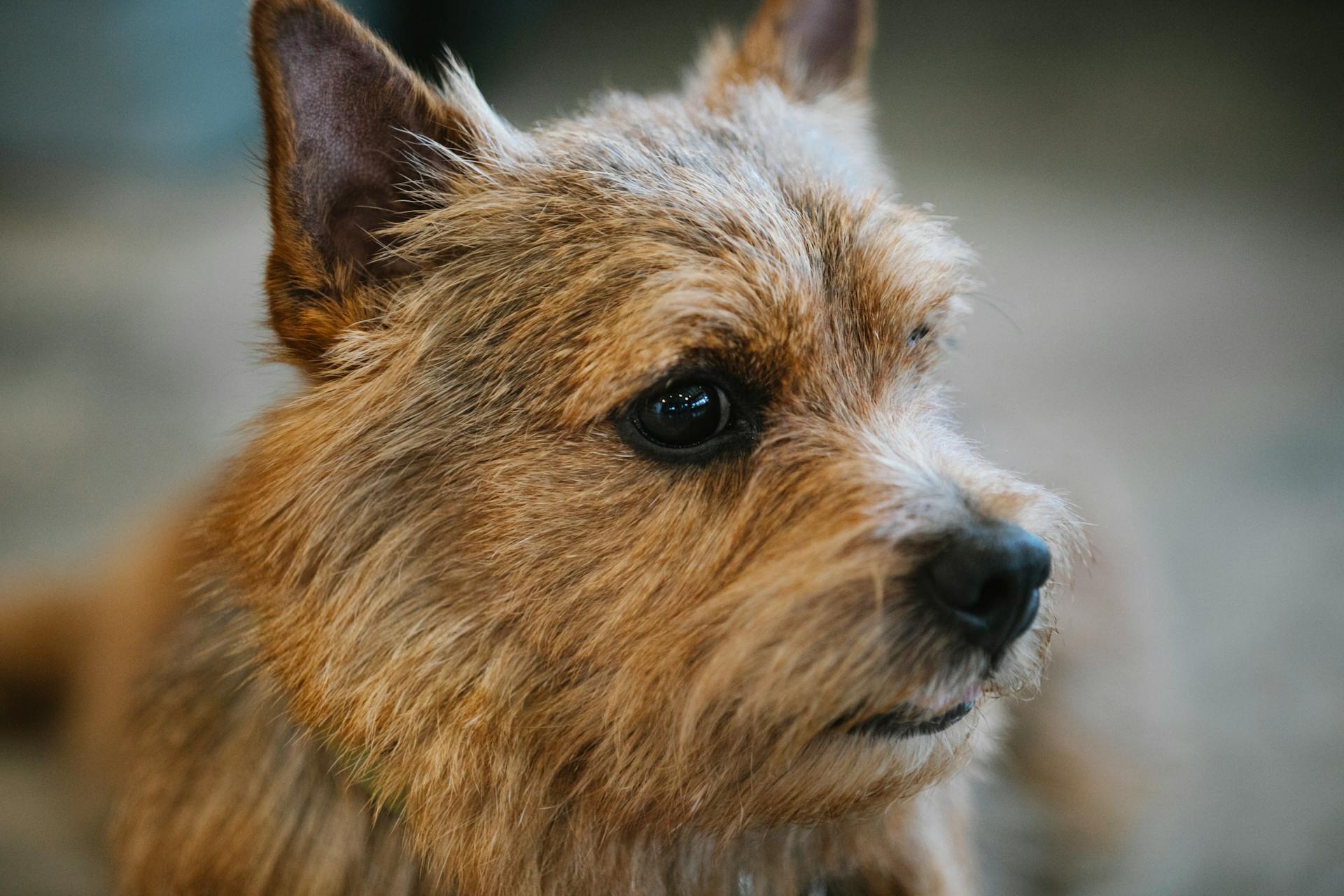
The Dutch Shepherd is a versatile and intelligent breed that's gaining popularity as a family pet and working dog. They originated in the Netherlands as herding dogs and have since been used for various tasks.
Their intelligence and athleticism make them a great fit for active families or individuals who want a loyal companion. With proper care and training, Dutch Shepherds can thrive in a variety of living situations.
One of the most significant costs associated with owning a Dutch Shepherd is their purchase price, which can range from $800 to $2,000. This is because reputable breeders invest time and resources into breeding healthy, well-socialized puppies.
Their high energy level also means they need regular exercise and mental stimulation, which can add to their overall care costs.
Dutch Shepherd Cost
The Dutch Shepherd cost can be broken down into several key areas.
The initial purchase price of a Dutch Shepherd puppy can range from $500 to $1,500, depending on factors such as bloodlines and breeder reputation.
You'll also need to consider the cost of spaying or neutering, which can add $50 to $500 to the overall expense.
Dutch Shepherds are a relatively healthy breed, but they can be prone to certain health issues, such as hip dysplasia and eye problems, which may require costly veterinary care.
On average, a Dutch Shepherd will eat around 2-3 cups of food per day, which can cost around $50 to $75 per month.
Regular grooming is also essential, with Dutch Shepherds requiring a weekly brushing and occasional trimming, which can add up to $30 to $60 per session.
Annual veterinary care, including vaccinations and check-ups, can cost around $200 to $500 per year.
The lifespan of a Dutch Shepherd is around 12-15 years, so you'll need to factor in the cost of ongoing care and potential health issues over the long term.
Shepherd Care
Caring for a Dutch Shepherd is relatively easy, especially considering their high energy levels mean lots of walks and jogs.
Their coat type determines the amount of grooming you'll need to do, with shorter coats being easier to manage.
The good news is that the Dutch Shepherd's care is relatively low maintenance, making them a great choice for active owners.
Living Needs
Dutch shepherds need plenty of exercise and mental stimulation to thrive. They require daily walks and jogs, making them perfect for active owners.
A farm or house with a fenced-in yard is ideal for Dutch shepherds, but they can also adapt to apartment living as long as they get regular exercise time every day.
They have the strength and stamina to go all day long, making them a great fit for athletic competitions like agility, flyball, tracking, herding, and weight-pulling.
Dutch shepherds are natural herding dogs and work well with other dogs and livestock, but they may not get along with cats.
They are deeply loyal and eager-to-please, making them a great fit for most family groups, including households with children.
However, their high energy levels mean they may engage in more vigorous play than is suitable for some children or other animals, so it's essential to supervise puppy playtime.
With proper care and attention, Dutch shepherds can make excellent companions for seniors, but their physical needs must be taken into account due to their athletic nature and high stamina level.
Suggestion: Long Coat Chesapeake Bay Retriever
Health
Dutch shepherds are a relatively healthy breed with a low risk of serious health conditions.
They are far less likely to have elbow or hip dysplasia, heart arrhythmias, tumors, or gastrointestinal disorders compared to Belgian and German shepherds.
However, they are more prone to skin conditions such as atopic dermatitis and skin allergies.
Knowing the pedigree of your Dutch shepherd is helpful, and a reputable breeder should be able to provide that information for all the puppies they're selling.
For optimal health, keeping your Dutch shepherd at a lean weight is essential, and providing an appropriate diet is crucial.
See what others are reading: Dutch Shepherd Health Issues
Temperament
Dutch shepherds are incredibly intelligent dogs that can learn tricks easily and participate in agility or flyball competitions.
Their high intelligence means they thrive on mental stimulation, so training sessions should be varied and fun to keep them engaged.
Training in short bursts with little repetition is best, as they can get bored with repetitive tasks.
On a similar theme: Dutch Shepherd Training
Avoid punishment, as it can cause stress and anxiety and damage the human-animal bond.
Dutch shepherds are naturally independent dogs, so proper training is crucial to prevent them from developing independent streaks and becoming a handful.
They require a lot of time and energy to train and exercise, so it's essential to consider your lifestyle and living arrangements before bringing one home.
If you're unable to devote time and energy to training and exercising your Dutch shepherd, you may want to choose a different breed.
Additional reading: How to Train a Rhodesian Ridgeback
Training
Training your Dutch Shepherd requires patience and structure. They thrive on short, active training sessions to stay engaged and eager to learn.
Dutch Shepherds are highly trainable, excelling at following directions and eager to please their families. They're quick-witted and driven to learn, making them a breed that's easy to train.
Keep training sessions relatively short to keep your dog stimulated and focused. After mastering basic obedience, you can move on to more complex skills like jumps, scent training, and protection training.
If this caught your attention, see: How to Train a Dogo Argentino
Using positive reinforcement, such as rewarding good behavior with treats, toys, and praise, will make the training experience enjoyable for everyone. This approach will help your dog learn faster and stay motivated.
Daily decompression walks and enrichment activities are essential throughout your dog's life. These activities help your Dutch Shepherd relax and reduce stress.
Socialization is crucial for Dutch Shepherds, even though they're friendly. Enrolling your dog in puppy school is an excellent way to teach them how to play nicely with other puppies and meet other pet owners.
Appearance
The Dutch shepherd's appearance is a key factor in distinguishing it from other breeds, like the German shepherd. Their coat is a major giveaway, with a brindle coloration that's exclusive to the Dutch shepherd.
The brindle pattern can appear in a variety of colors, including black, gray, silver, and rust, which are the most common colors. A rare white variant is also possible.
Check this out: Brindle Daniff
The Dutch shepherd's coat comes in three different hair types: short, long, and rough. Each type has its own unique characteristics and grooming needs.
The short-hair coat is close-fitting and paired with a wooly undercoat, while the long-hair coat is made up of straight, thick hair with the same wooly undercoat. The rough-hair coat is a dense, harsh, tousled coat with a wooly undercoat all over the body except for the head.
Here are the three hair types and their characteristics:
- Short-hair coat: close-fitting, paired with a wooly undercoat
- Long-hair coat: straight, thick hair with a wooly undercoat
- Rough-hair coat: dense, harsh, tousled coat with a wooly undercoat (except on the head)
Featured Images: pexels.com


